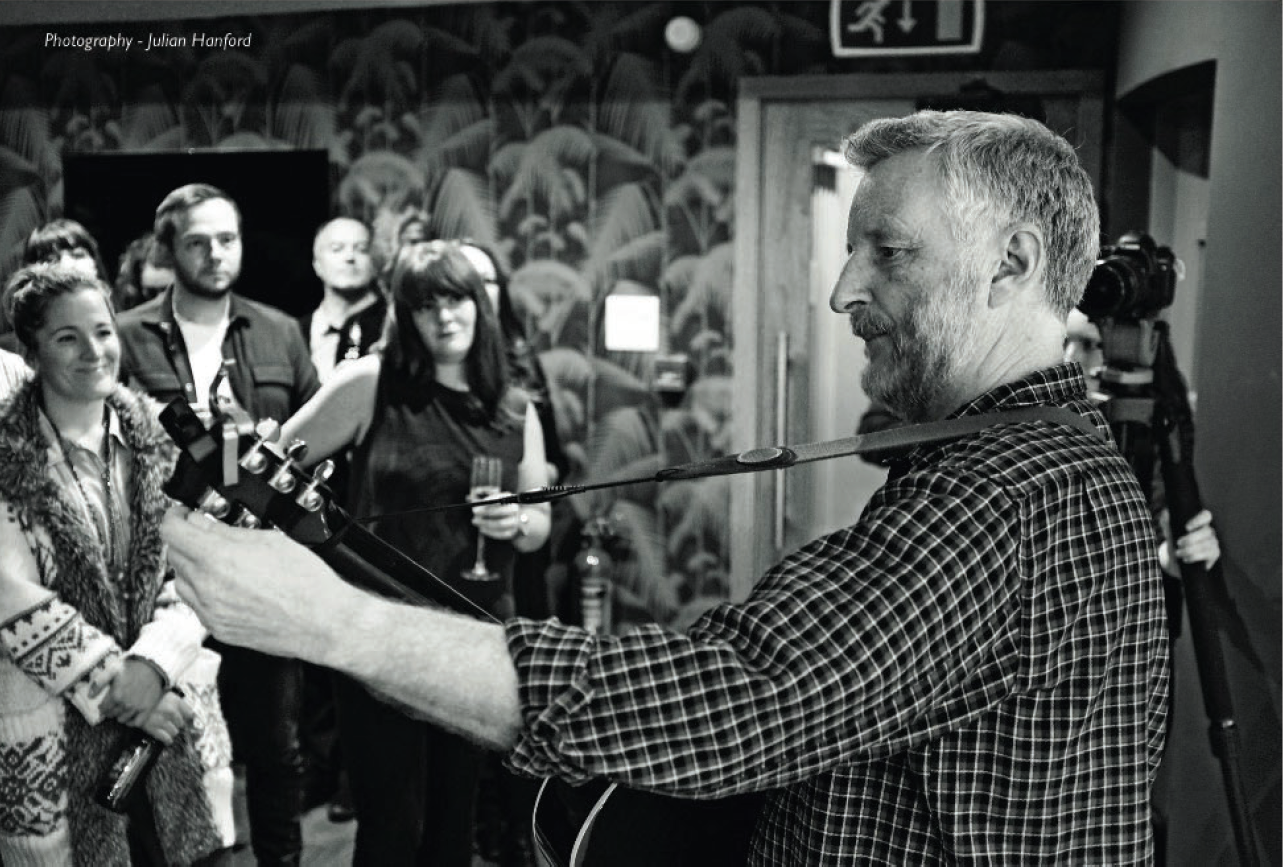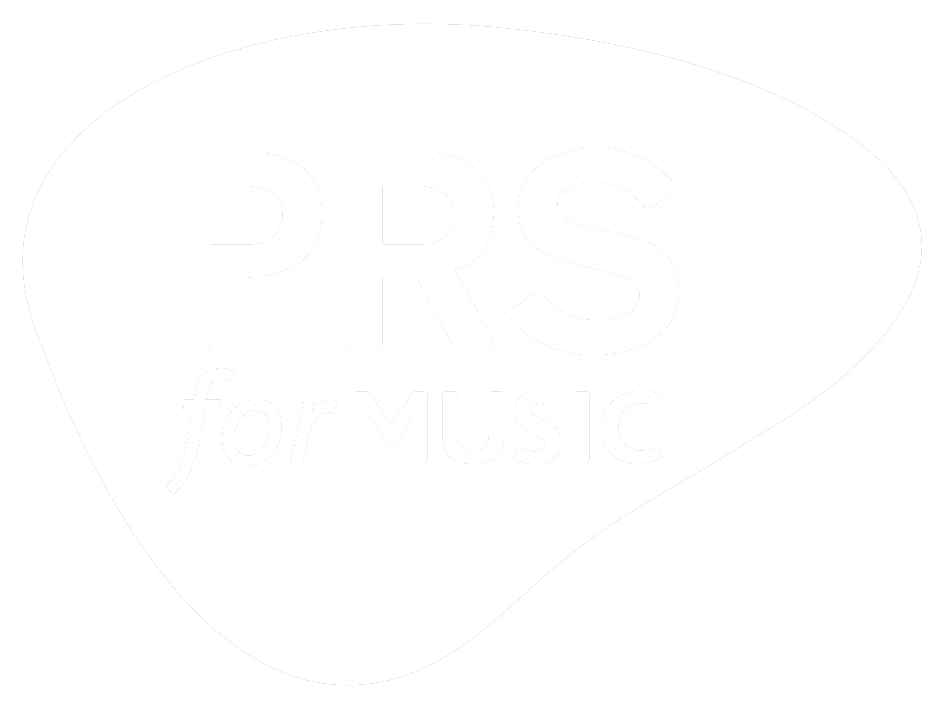It was once something no self-respecting artists would have considered, whatever the circumstances. But nowadays bands are falling over themselves to grab a slice of the corporate dollar by teaming up with a brand, without fear of losing credibility for having ‘sold-out’. Such has been the sea change in attitude that a brand association can now even enhance an artist’s appeal and credibility.
Brands are spending huge sums cosying up to artists to bask in their reflective glory. Last year Doritos splashed out millions teaming up with Lady Gaga on a huge event at SXSW including a high-profile Gaga-fronted social media campaign. It then went on to sponsor her global tour. SXSW also saw Jay Z and Kanye West teaming up with Samsung, Coldplay headline for Apple’s iTunes and Tyler, the Creator playing a showcase for Pandora. Elsewhere, Bob Dylan appeared in a big-budget Super Bowl commercial for Chrysler.
Bragg meet brands
In this new age of unashamed product endorsements, it’s now commonplace for artists to tout their wares in front of ad agencies and corporates at specially organised industry events matching bands to brands; a bit like speed dating for artists and advertisers. It has fast become an acceptable step in the established career path of a band.
But it’s still not an event where you’d anticipate seeing the likes of Billy Bragg. Yet, there he was, late last year at ‘creative music company’ Native’s Live Lounge session, armed only with his trusty acoustic guitar, playing an intimate hour-long set in front of an invite-only audience of select advertising folk.
Twelve months previously, the same event had hosted a similarly cosy session with George Ezra, whose career went stratospheric soon after, but, unlike Bragg, Ezra probably hasn’t considered putting slogans such as ‘capitalism is killing music’ on his record sleeves.
Difficult to make money
Somewhat taken aback by seeing Bragg as such an event, I corner him after his performance with the simple question: “What’s Billy Bragg doing in a place like this?” An unflustered Bragg responded: “First and foremost I’m a jobbing songwriter. In times like this when making money from songwriting has become more difficult because of the digitisation of music, we can spend all our time complaining about that and wishing things were back the way they were. Or we can get involved in looking at other ways of earning a living. As a means of exploring that, my publishers suggested they could set something like this up and I thought, ‘Yeah, I don’t have anything to lose.’ I get to play a few songs, meet some interesting people and it throws me some curveballs.”
Nevertheless, all this seems a world away from the image one might have of Bragg as a fiercely independent artist sticking it to the man. “The moment you sign any sort of recording or publishing deal you’re associating yourself with a brand and relying on corporate entities to fund your work,” says Bragg. “What’s changed is, in the 20th century, music was the social medium of an alternative world; an alternative way of doing things. In those circumstances, to sell your music to a corporation to use for advertising, that was seen as an anathema.”
A changing world
“Back then, if a corporation was interested in you, you’d probably already made a load of money,” he adds. “You were probably already topping the charts. And I thought, if someone’s had a huge hit single and is making loads of money off their records and doing great big gigs, for them to let their songs be used in an advert, that’s taking the piss, really.”
Bragg freely admits he takes a different view nowadays, and is willing to investigate as broad a range of opportunities to fund his work as possible. “As John Maynard Keynes said, ‘When the facts change, I change my opinion.’ And the facts have changed considerably now,” says Bragg. “It’s really hard for musicians to find money to fund their records, particularly musicians who don’t subscribe to what the mainstream considers to be commercial.
“The reality is I have to find the money to work the way I want to. Obviously sometimes we all have to make compromises in our careers just to get our records made, especially when you have a particular vision you want to pursue rather than someone who just wants to make records that sound like what’s on the radio. If we start to try and engage with these different possibilities and we can engage on our terms, that’s got to be worth investigating.”
Bragg reveals that, after recording his last album, Tooth & Nail, he waited a year before releasing it, primarily to give him enough time to get the money together to promote it properly. “I have a deal with my record label in which I own my catalogue – the plus side is I make the lion’s share when we make any money. The downside is I have to more or less fund everything,” he explains. “I wanted to take that album out on the road with a great band, including a pedal steel player, and give it a good 18 months touring. I needed to be able to fund that so I had to put in a year’s worth of gigging prior to its release to get a war chest together.”
“Now, if someone had come along at that time with the right produce and the right amount of money and said ‘Will you let us use your song in an advert?’ I think I would probably have said ‘OK, that’s great timing.'” he laughs. “It would have to be the right product, obviously; it would have to be something I’m comfortable with. I’m not willing to just jump on anything.”
Getting buttered up
Bragg points to a good example of when an unlikely pairing of artist and advertiser has ended up beneficial to both parties: “A couple of years ago I saw John Lydon and PiL at a festival and it sounded really great – that was all paid for by his butter advert. If he can put up with the stick he gets for it, and I’m sure he can, I just thought, good on you. If that’s the reality – if it’s a choice between being able to see you play or not, do the advert.”
With his mind sounding very much made up, there was just time to ask which product Bragg would most like to see his music advertise. “It would probably be Marmite, that would be my ideal. I can certainly endorse Marmite; I like it, and in some ways, I’m a Marmite artist as well; people either love me or hate me. Next time I’m in Burton-on-Trent, I might just pop in and see them.”
Article first featured in The Works
